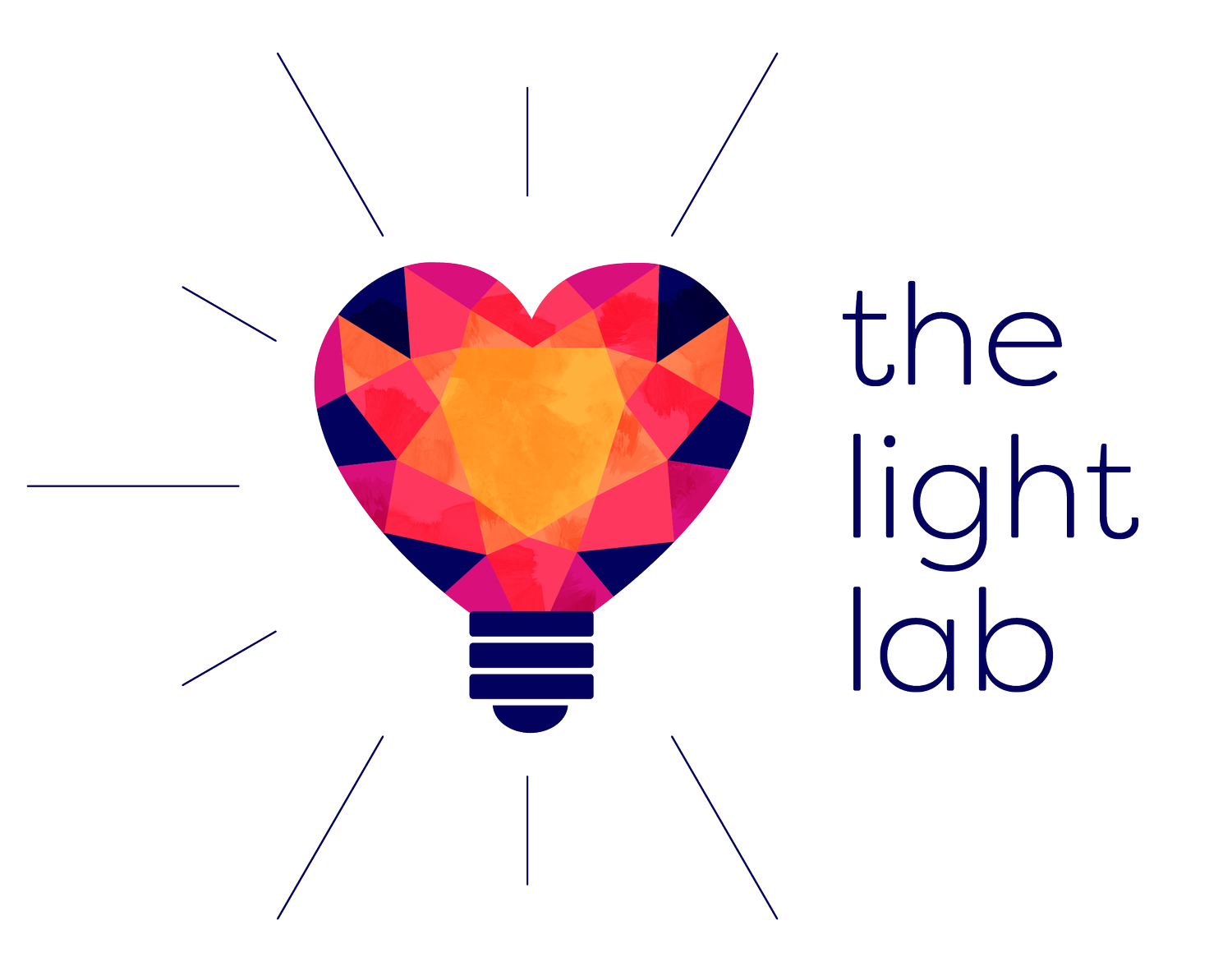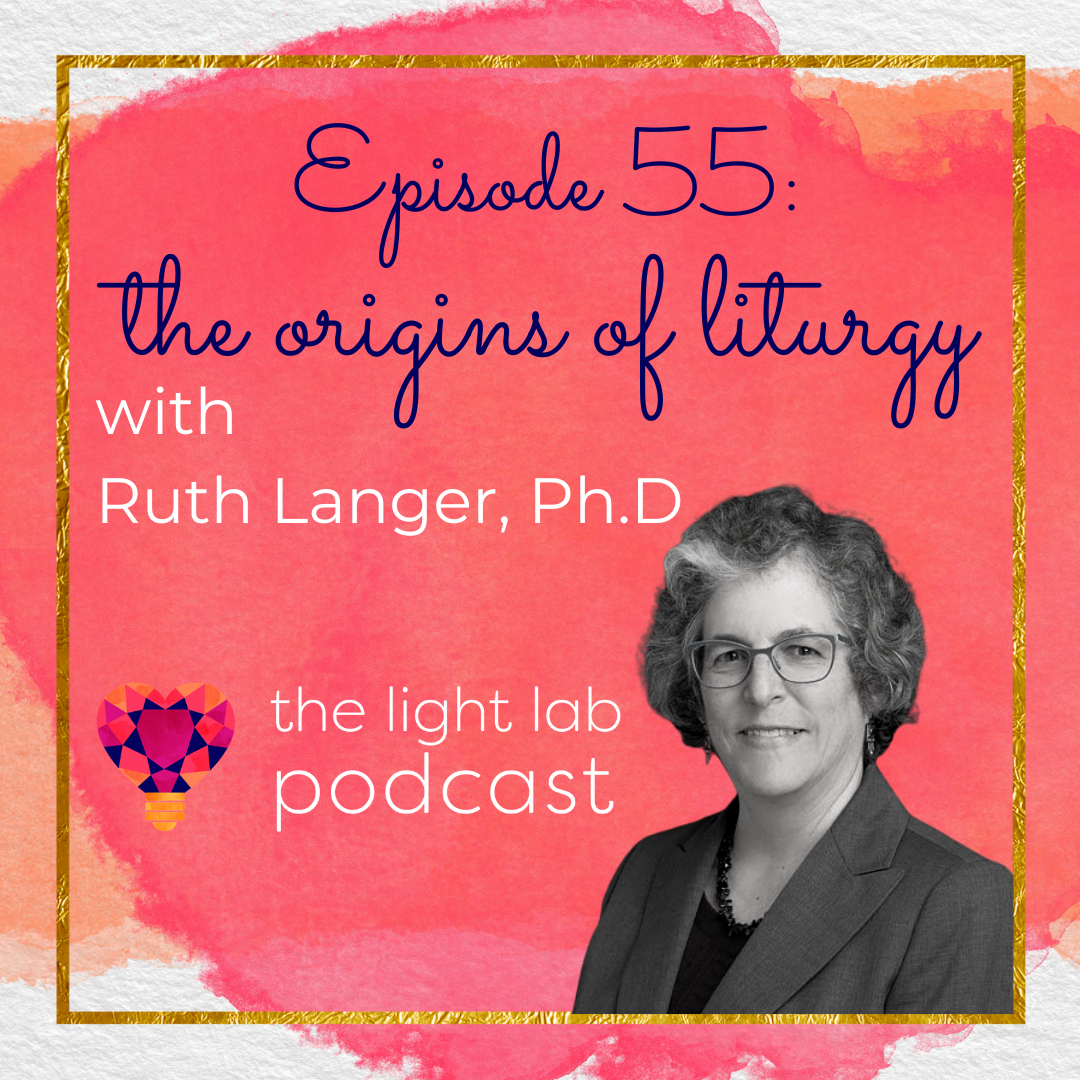Episode 55: The Origins of Liturgy (with Rabbi Ruth Langer, Ph.D)
Listen Now
The Origins of Liturgy
This week, we are proud to bring you our interview with Eliana and rabbi, doctor, and professor, Ruth Langer. Langer is a liturgy scholar and director of graduate studies of Boston College’s Theology Department. We explore how liturgical change gets squashed, how the Talmud set the course for future liturgical halacha, and how prayers emerged throughout history.
What is the value of knowing liturgical history to the pray-er?
Join our facebook group to connect and comment.
(2:42) Rabbi Dr. Professor Ruth Langer - contact information, selected publications, and a more complete personal biography
(2:50) Rabbanit Leah Sarna
(3:47) “Cursing the Christians: A History of Birkat HaMinim” by Ruth Langer here
(3:55) “To Worship God Properly: Tensions Between Liturgical Custom and Halakhah in Judaism” by Ruth Langer here
(4:01) “Jewish Liturgy: A Guide to Research” by Ruth Langer here
(4:35) Contact us at welcome@lightlab.co or podcast@lightlab.co
(6:54) “Night” by Elie Wiesel
(8:22) Find books by Dr. Samuel Tobias Lachs z”l here
(8:53) Learn more about Rabbi Jacob Rader Marcus here
(12:41) Talmud Masechet Sanhedrin
(12:44) Talmud Masechet Berachot
(14:22) Dr. Jakob J. Petuchowski
(15:35) Geonim - גאונים - learn more here
(16:28) Birkat Betulim - blessing the morning after the wedding when the bridegroom discovers wife was a virgin
(17:01) Kohen - כהן - priest. Learn more here
(17:04) Pidyon Haben - פדיון הבן - redemption of the firstborn son. Learn more here for a history of Pidyon Haben, and here for the formulaic process.
(19:21) Can one recite kedushah without a minyan? (source: Mishnah Berurah 90:28)
(20:24) Avot - אבות - patriarchs (Abraham, Isaac and Jacob)
(20:24) Men of the Great Assembly - אַנְשֵׁי כְּנֶסֶת הַגְּדוֹלָה- Anshei Knesset HaGedolah. Learn more here
(20:37) Dead Sea Scrolls
(21:02) Leopold Zunz
(22:00) Joseph Heinemann
(22:13) Second Temple period
(22:32) Beit Midrash - בית מדרש - study hall. Learn more here
(23:02) Ezra Fleischer
(23:22) Yavneh
(23:26) Rabban Gamliel
(25:03) Shmuel Safrai
(25:27) Mishnah
(25:29) Tosefta
(25:53) Lee Levine
(26:03) Rabbi Yochanan
(26:57) Rav Natronai Gaon
(27:00) Rav Amram Gaon
(27:06) Rav Natronai Gaon
(28:15) The Rabbis of the Talmud state in Brachot 33a:25 and Brachot 28b that the Anshei Knesset HaGedolah wrote the Amidah.
(29:10) Mishnah Brachot 4:3 - Rabban Gamliel states that every person is obligated to pray 18 blessings (the weekday Amidah)
(29:39) Musaf - מוסף - additional service
(30:04) Kaved rosh - כבד ראש - sense of seriousness (in this context, in coming into Tefillah)
(31:55) Hoi polloi - the uneducated masses (Greek)
(31:58) am'kha - עמך - the uneducated people (somewhere between Hebrew and Yiddish, according to Rabbi Langer)
(32:13) Shaliach tzibur - שליח ציבור - prayer leader
(33:00) Tosefta on Shabbat 13:4 - A commentary which expresses that writing prayers is like burning the Torah
(37:39) Piut - פיות- liturgical poetry. Learn more here
(38:30) Cairo Geniza
(39:09) Shimon B'Rabbi Megas
(39:12) Rabbi Yannai - 3rd century Rabbi (First generation of Amoraim)
(39:12) Elazar ben Kalir - Byzantine Hebrew poet
(39:49) D’var T’fillah - דבר תפילה - a brief talk about a selected prayer
(40:30) Bimah - במה - elevated prayer platform. Learn more here
(40:54) Rabbi Yehudah Ben Solomon Al-Harizi
(41:09) Hazzan - חזן - cantor. Learn more here
(41:38) Maimonides (Rambam) - רמב”ם
(42:42) Babylonian (בבלי - Bavli) vs Jerusalem (ירושלמי Yerushalmi) Talmud - learn more here
(43:04) Megillah 17b:8 - story about Shimon Hapakuli arranging the 18 blessings
(43:14) Minim - מינים - sectarians (in this context. In other contexts, it refers to species.)
(43:42) Arbah minim - ארבע מינים - four species (Lulav and etrog). Learn more here
(43:49) Specific grains, when eaten on Pesach, are considered chametz, including wheat, barley, spelt, oats, rye (Mishnah Challah 1:2)
(45:02) Find the full text of the Amidah here. Also, be sure to check out our previous Light Lab episodes that explore each paragraph of the Amidah here
(45:17) Exilarch - רֵישׁ גָּלוּתָא - Resh Galuta - the lay head of the Jewish community. Learn more here
(46:05) Aleinu - Eliana’s source sheet
(48:35) Notzrim - נוצרים - medieval Hebrew word for Christians
(49:06) Malchut Zadon - מלכות זדון - evil kingdom
(50:16) Rav - a prominent teacher of the early Amoraim. Learn more here
(50:49) Malchuyot on Rosh Hashanah
(51:13) Crusades
(52:15) Shehem mishtachavim l’hevel v’rie mitpallelim l’el lo yoshia - שֶׁהֵם מִשְׁתַּחֲוִים לָהֶֽבֶל וָרִיק וּמִתְפַּלְּ֒לִים אֶל אֵל לֹא יוֹשִֽׁיעַ - that they bown down to emptiness and nothingness, they pray to a god who cannot save (Ruth’s translation)
(52:54) Gematria chart
(53:01) Yeshu - ישו - Talmudic-era name for Jesus
(59:53) Hashem sefatai tiftach u'fi yagid tehilatecha - אדני שפתי תפתח ופי יגיד תהילתך - Oh, G?d, open up my lips so that my mouth will speak your praise (Ruth’s translation)
(1:00:07) Yihiyu l'ratzon imrei fi f'hegyon libi lefanecha - יהיו לרצון אמרי פי והגיון ליבי לפניך - May the words that I spoke be acceptable to you G?d (Ruth’s translation)
(1:00:52) Kavanah - כוונה - intention
(1:04:19) Hoshanot - הושענות - recited and performed during Sukkot. Learn more here
(1:05:40) Beit Yosef - בית יוסף - commentary by Joseph Karo - can be found here
(1:06:12) Avinu Malkeinu - אבינו מלכנו - Our Father Our King - find the text here



